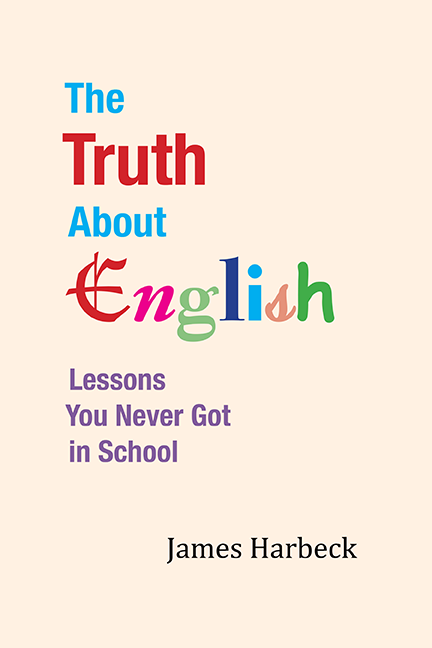
We went to the ballet yesterday. They were performing Don Quixote. As we settled into our seats, we observed quite a few people taking pictures of their programs with the curtain as a backdrop. I did likewise. You can see why.
Yes, the front of the program said DON QUIXOTE, while the projection on the curtain said DON QUIJOTE. (From where I was sitting I could see the orchestra’s scores on their first pages. They, too, said DON QUIXOTE. Alas, my camera did not capture that detail.)
Well. That seems rather quixotic, doesn’t it? Or should I say quijotic? How would we pronounce that, anyway? I mean, Quixote is said like “ki-ho-té” but we say quixotic like “quick-sot-ic.” (I am told that some people say “key-zot-ic” but that seems even more muddled to me – might as well go all one way or all the other.) If it were quijotic would we say “kwai-jot-ic”? Or “kwij-ot-ic”? Or would we manage to make it “key-hot-ic”?
But why would it be quijotic in the first place? Why did the curtain say DON QUIJOTE?
That last one is easily enough answered: If you buy an edition of Cervantes’s novel in Spanish, it will say Don Quijote. In modern Spanish, that’s how it’s spelled. For them, spelling it Quixote would be sort of like us spelling Shakespeare’s King John as King Iohn. That’s how it’s spelled in Shakespeare’s First Folio, and Don Quixote is how Cervantes’s first edition spelled it… well, OK, it spelled it DON QVIXOTE.
And to be fair, the difference between Qvixote and Quixote is like the difference between Iohn and John: originally, U and V were two shapes of the same letter, a letter that could have a vowel sound or a consonant sound, and I and J were likewise two shapes of the same letter, a letter that could have a vowel sound or a consonant sound. But eventually (by a couple of centuries ago), the two forms were treated as separate letters, each one having one of the sounds. On the other hand, X did not become J – both letters still exist in Spanish, and one was not created from the other (even if X can be made by crossing two I’s). But some sounds that had been represented by X came to be represented by J.
That’s the very short version. The fuller version is that in Old Spanish, X was used for the “sh” sound (/ʃ/) and J for the “zh” sound (/ʒ/), as in fact they still are in modern Portuguese. But in Spanish the two sounds merged into the voiceless /ʃ/ in the century before Cervantes (which was also the century before Shakespeare, a time when English was changing its long vowel sounds; Cervantes died April 22, 1616, exactly one day before Shakespeare). Subsequently, the /ʃ/ sound shifted to its current back-of-mouth heavy “h” sound (written in IPA as /x/, as it happens), and in the early 1800s the spelling of that sound in Spanish was standardized to J, with X left to stand just for /ks/. But that was after we had come to know Don Quixote in the English-speaking world and after we had confected the word quixotic from it.
There’s a little bit more, by the way, though it doesn’t bear directly on Quixote. When Spain invaded and colonized Central America, the sound /ʃ/ and the similar sound /ç/ (which is like the German “front ch” or Polish ś) were written as X, and although those sounds have tended to become the /x/ sound in modern Spanish, they still sometimes spell them with x, as in México (which in Spanish is pronounced as though it were spelled Méjico – a spelling that has in fact been common in Spain). This is the origin of the x in words such as axolotl and xoloitzcuintli, and place names such as Ixmiquilpan. We like it well in English because the letter X, due to its infrequency in English words and its generally ostentatious non-Anglo-Saxon provenance (the x in Saxon notwithstanding), tends to have an air of the exotic.
And, yes, at times of the quixotic. Which means not simply quirky or chaotic, but possessed of impractically (even delusively) lofty, romantic, chivalrous ideals. Prone to tilting at windmills, imagining it as fighting dragons. Redolent of a vaunted distant past. Which, in Spanish, the spelling Quixote would also be. (You can still get that spelling in some other names, such as Pedro Ximénez, which is the name of a grape that is used in some kinds of sherry.) Ah, star-crossed X, so much grander than J, not merely twice but ten times as great as I… what a spelling you cast on us.







I remember as a young child in the late 1940s listening to a serialised dramatisation of Don Quixote in a children’s radio program (in Australia). I can still recall the dramatic announcement of the title, clearly anglicised, as Don Quixot de la Mancha!
I remember a dictionary entry (1960s, when I was learning Spanish) showing a sole pronunciation of the name as something like “quick-zote” My last big physical dictionary, Random House Webster’s Unabridged (2nd ed, 1998), shows kwik-sət as a second pronunciation. (The earliest big dictionary I can remember, 1950s Thorndike-Barnhart, had an entry for “Porto Rico.”)
This entry (for quixotic) was very interesting, as I’ve often wondered about the x, or j, or h letters and their sounds in different words.
Thank you for this!